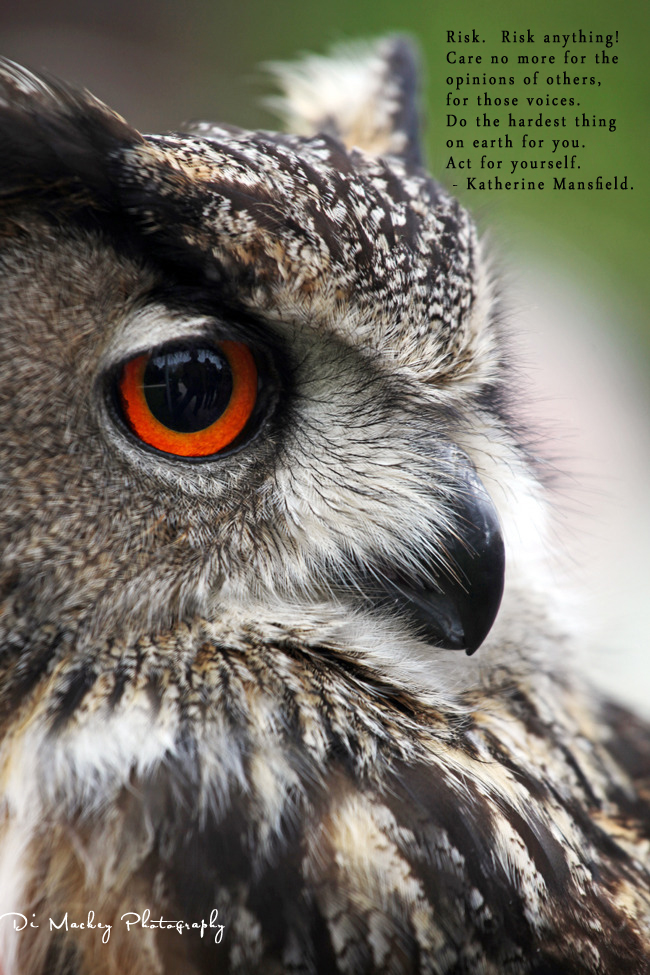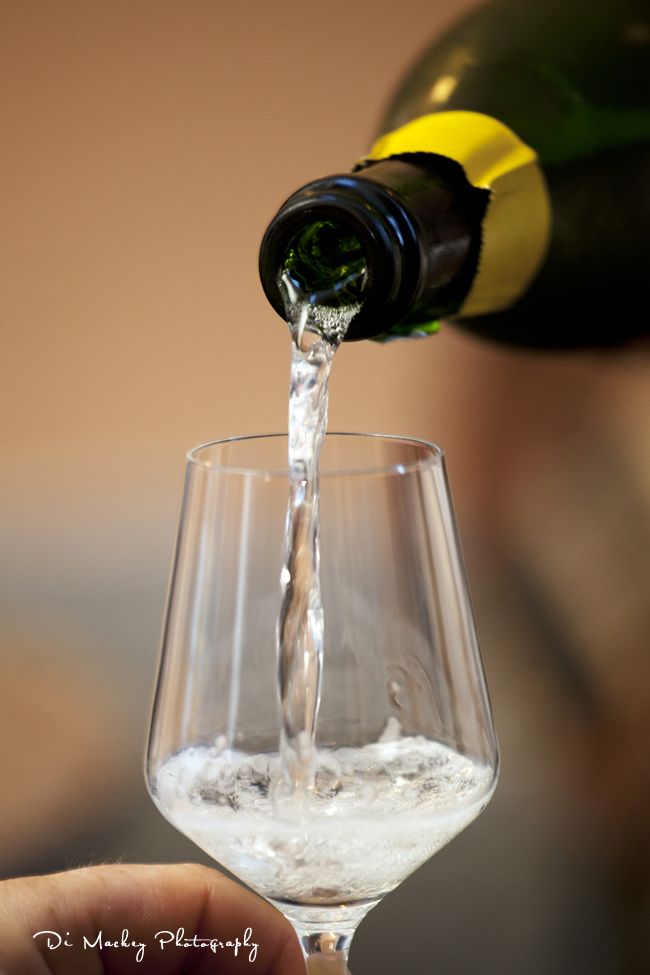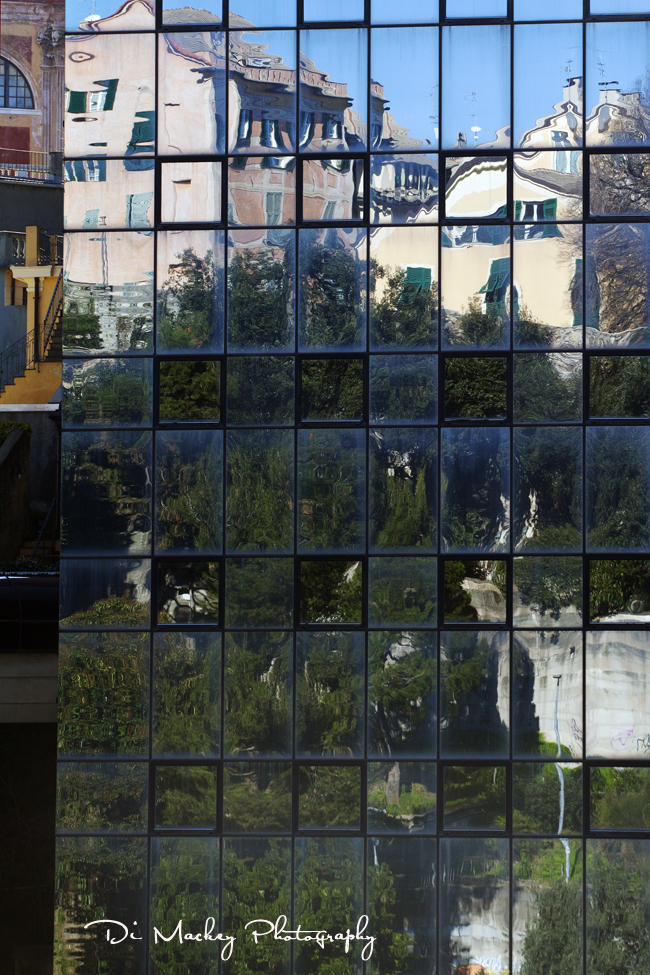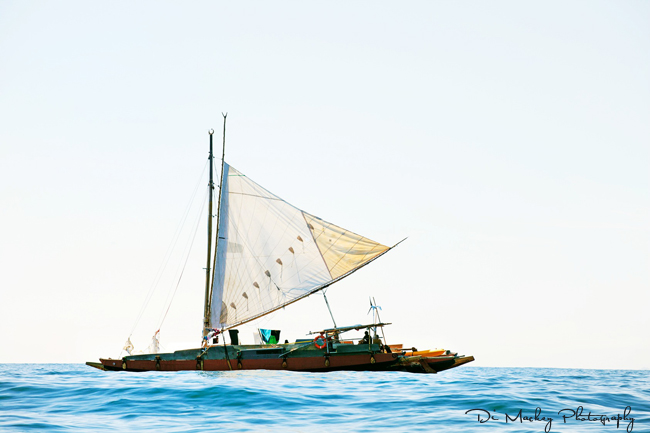Last night was one of those extraordinary nights spent with good people while doing marvelous things.
I had wandered over to Brussels in time to meet Lynette after work. We met up with New Zealand artist, Wendy Leach and together we walked to Irma's house, where New Zealand photographer, Jacque Gilbert, was arriving fresh from her Amsterdam world.
I cannot begin to describe how lovely it was to find myself sitting there with these women, glasses of wine in hand, food on the table ... just talking. It was one of those magical moments you experience sometimes, one of those ones where you think about pinching yourself to see if it's real.
But that was only the beginning. We had come together because we were attending a literary event at the bookshop called Passa Porta. I had never heard of it before last night but their event was impossible to resist. Lynette had written, telling us all that she had booked tickets to an event with Eleanor Catton. The writer who convincingly won the Man Booker Prize in 2013 with her book The Luminaries. Annelies Verbeke, a Flemish writer, was to interview Eleanor.
We arrived at the shop and the room was already quite full. I'm sure there were more than 100 people there. And then it began and honestly, sometimes I was close to the point of tears. Before photography, writing was my great big passion. I still write but somehow it slipped into the background as photography strode to the forefront in my life.
Last night, there I was, listening to Eleanor and Annelies talk while delighting in the way she was willing to kind of crack open her novel ... revealing her motivations, ideas, goals, and more.
I loved her 832 page novel, The Luminaries, for so many reasons. It was set in New Zealand but more than that, on the west coast of the South Island in a town I've loved since I was a teenager. My cousins came from Hokitika. It was a small town with a wild savage beauty back then. The Tasman Sea still comes roaring across from Australia crashing in on the shore there. And a few miles inland you can see the powerful outline of the Southern Alps rising up, appearing to trap you between the wild coast and the mountains.
I returned to Hokitika in 2012 and it had changed, so much. So little, and so much. The road through the alps to the east coast is a highway these days ... a rugged New Zealand highway but still, simpler to cross than it was back in 1866. The year Eleanor Catton's novel opens ... goldrush days in that wild place.
She read the opening scene to us before Annelies began with her questions. The audience became completely silent. The room was still as she read. Annelies asked some superb questions and Eleanor answered them, fully, completely. To the point where I will reread the book because I understand how she intended we use the astrological information. And while she was clear on the fact that it's not important to understanding the story, it does add another layer or ten to the complexity of the story.
There was a question time and an invitation to stay for the book signing. New Zealand wine was handed out, courtesy of the New Zealand Embassy.
I'm not really a creature who wants my books signed by authors. BUT I did want to talk with Eleanor, to tell her how much I had enjoyed both the book and the evening.
I started my university degree in 1998 because I needed to earn two papers before I could apply for Bill Manhire's creative writing course ... way back then. I lost my way, stayed on at university and never did apply for the course.
Listening to Eleanor brought everything back. Those days on Stewart Island, a writing workshop with Patricia Grace. The Otago University's summer writing schools. Those days of writing. And so I bought a second copy of the book and waited my turn in the queue. Somehow, despite the intensity of the interview she had just come through, Eleanor made time to really talk with every person who approached her.
It turned out that we were wearing the same greenstone necklace. The same hook. I explained I had needed some of 'home' to bring back to Europe, to wear close to me, and that it came from a place just along the road from Hokitika.
Today I wrote, over on Facebook, that I found Eleanor Catton to be intelligent, gracious, patient, humble ... and you know, everything good. I didn't exaggerate. If you get the chance to hear her speak, I recommend you do it.
Lynette (on the left in the photograph below), the woman who made it all possible because I would have missed this without her, gave me her camera and I took a series of photographs.
But you see ...?













